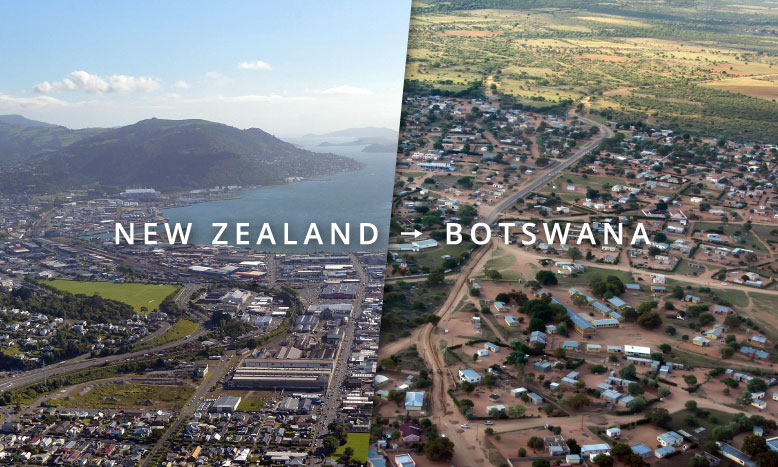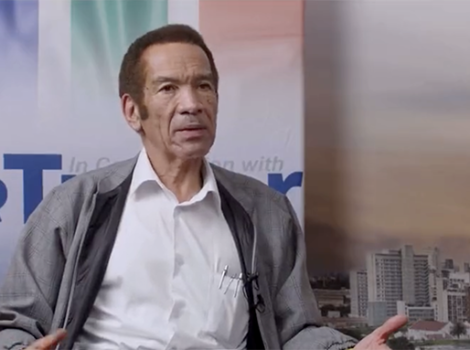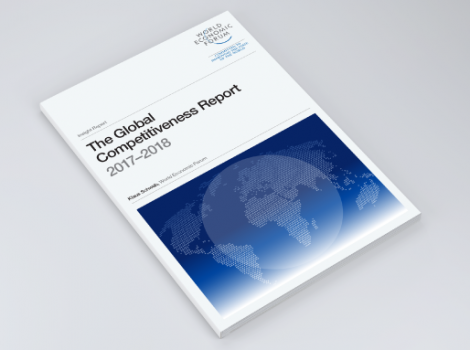Gillian Bremner and her husband Graeme have swapped a life in temperate, green New Zealand for semi-arid, ochre Botswana. The former head of Presbyterian Support Otago tells Bruce Munro about the trials and joys of building a new life and three businesses in Africa’s Kalahari Basin.
“I will tell you a story from when we were moving house,” Gillian Bremner says by telephone from Botswana.
In Dunedin the sun is lowering towards the Green Belt hills; backlighting the Town Hall clock tower, St Paul’s Cathedral and Octagon office blocks.
In eastern Botswana the same sun is starting its climb through morning haze that will soon burn off to reveal a wide scrub-covered vista leading to the flat-topped Tswapong Hills, home to baboons, porcupines, antelope and leopards. It is only 7am, but already the melodious ringing of cow bells mixes with birdsong.
“The Batswana, the people of this country, have a great sense of fun and like to live life to the full,” Gillian says, setting the stage for her story.
The former Presbyterian Support Otago (PSO) chief executive had recently joined her forensic scientist husband, Graeme, in Botswana. They now needed to move a truckload of furniture to their new house. A local colleague had a neighbour who owned an open-back truck. That neighbour recruited three others to do the heavy lifting of fixtures, including a piano.
“We made the mistake of paying a deposit in advance,” Gillian says.
“The truck was very late making the rendezvous as the team had stopped for refreshment en route, spending the money intended to buy fuel for the journey.”
After loading the truck, the weary labourers burrowed in among the soft furnishings for the 40-minute trip. The truck stopped again at a bottle store on the way out of town and a crate was added to the items on the back.
“Every now and then, an arm would appear from among the furniture and grope around for another bottle.”
Once the truck reached the next town, the workers emerged from the load. As the truck rolled through the streets, one person played the piano enthusiastically while the others sang.
“The pianist was actually quite talented.
“No-one else seemed to find this unusual.
“No matter where they are, some music and a little sorghum beer is all it takes for a Motswana [singular form of Batswana] to start a party.”
But this party was a little too successful.
“The truck reached its destination safely but we had to unload it ourselves. The driver was the only one left who was sober.”
A new life, in a new country, seemed like the ideal next step after 24 years at the helm of Otago’s pre-eminent social service NGO.
“When you retire from a job that has been your life for a long time, it’s good to make a clean break,” Gillian explains.
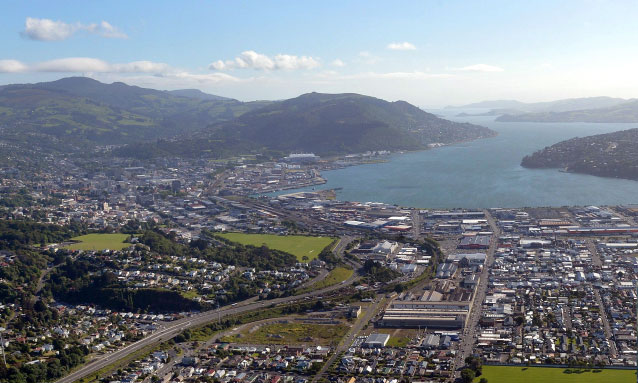
The couple had enjoyed a month in Botswana in 2008. So, when Graeme, eight years younger than Gillian, was offered a position as professor of forensic science at a Botswana university, they decided to make the jump. That was 2017. The shift was not straightforward. To begin with, Graeme was flying in and out of Botswana to do the job. Gillian and their household effects —”complete with old Land Rover” — moved over in May, 2018.
But then Graeme had visa difficulties and Gillian got a call from PSO asking if she could return to stand in, after the new CEO Michael Parker was diagnosed with acute leukaemia. In the meantime, the Bremners had bought a 16ha rural property in eastern Botswana, and had begun an event venue business with two locals. After a few months back in Dunedin, Graeme returned to Botswana to oversee the building of their home.
The drama was not yet over.
About the time a new PSO head was appointed, Gillian was diagnosed with breast cancer. She had surgery, continued with plans to meet Graeme in Croatia for a holiday, returned to New Zealand for successful radiotherapy and, then flew to Botswana. It was November, 2019. A global pandemic was just around the corner. The Bremners now live near the village of Malaka, about 12km from the industrial township, Palapye, three and a-half hours’ drive north of the capital, Gaborone. Malaka, Gillian says, is a picturesque hill village where people lead fairly traditional lives.
“The local people are just wonderful. Friendly, courteous, peaceable and thoroughly lovable.”
Botswana, although historically a British protectorate, was “left largely to run itself”. As a result, it has a small expatriate population; about 15,000 foreigners in a country of 2.4million.
“We know a number of people who came here as expatriates intending to make their fortune and who married a local and never went home. It’s the kind of society that just draws people in.”
Most of the land in Botswana is tribal land, held on a usufruct basis — use it or have it returned to the tribe to be reallocated. The Bremners bought their 16ha farm, but on a 99-year “lease” that will be rolled over as long as they continue as good stewards of it. The transfer of that lease, which requires a physical inspection by a surveyor, took much longer than expected. In fact, more than a year.
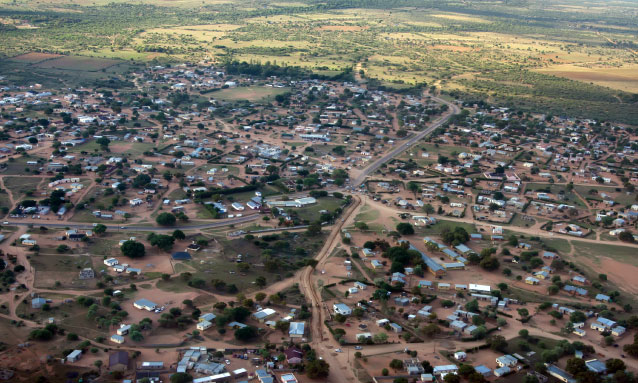
“The land board staff had a string of well rehearsed excuses for the delay — staff were ill, no vehicles were available, officers were terribly overworked, and all their files had been seized by officers of the Directorate of Corruption & Economic Crime.
“The last one was probably true. One of our neighbours had told us that the only way to get any action from the land board was to bribe the surveyor with a goat.
“In our case, the Botswana Industry and Trade Commission came to the rescue with a letter to the land board. It stated that the ministry needed to gain ‘a holistic understanding of the reasons for the delay’ and contained a long list of questions.
“It was obviously easier to get on with the job than write a report to the ministry. The surveyor turned up almost the next day.”
Bureaucracy, power outages and slow internet leave the Bremners, at times, “yearning for the good old days of the 28K landline modem in New Zealand”.
Other things, however, are much easier in Botswana than back home. Such as building a house. No building consents are required for one-storey structures on tribal land.
“Housing is seen as a basic human right here, and the Batswana believe that everyone should have a right to build their own shelter.
“If you are destitute, the government operates something called the Self-Help Housing Programme. They will deliver a pile of materials and tell you to get on with it.
“Our house was built by professionals, but even so our solid three-bedroom home only cost just over $NZ30,000.”
Their farm is at the foot of the Tswapong Hills, a 2 billion-year-old, 400m high, 70km long, sandstone ridge that is a proposed Unesco World Heritage site. The sights and sounds of African wildlife are all around.
“At the full moon, the jackal families all along the hill howl to one another. It is quite a concert.
“And we have a couple of eagle owls with their familiar ‘hoo hoo’.
“A very noisy singing gecko lives on our veranda. And on wet nights the noise from the frogs can be deafening, especially over by our dams.
“We even had a brown hyena digging in our vegetable garden a few days ago. We think it was after a bone buried there by our dog.”
The picnic, wedding and event venue business, catering to a domestic market, was almost ready to go when the global COVID-19 pandemic hit. Botswana has an effective, bottom-up, public health system, Gillian says. Every village has a health committee and most have a health clinic with one or more experienced nurses. An eradication strategy quickly stamped out the first cases of the coronavirus. But the porous border with South Africa eventually saw it take hold. The Botswana government then co-opted an existing animal-health system to limit community transmission.
“The country is permanently divided by veterinary cordon fences into a number of huge zones … to control the movement of livestock during outbreaks of animal disease.
“For much of the pandemic, the Government used them to control the movement of people.
“We were fenced into our own zone for a long time and needed a permit to leave it. Our zone was about the size of Otago and Southland combined, so it wasn’t onerous.”
But it did call a temporary halt to the nascent wedding venue business. In the meantime, the Bremners and their Batswana business partners have been focused on getting Self Drive Tours Botswana up to speed.
“Our business partners are two talented young women born and raised in Botswana, with complementary skills.”
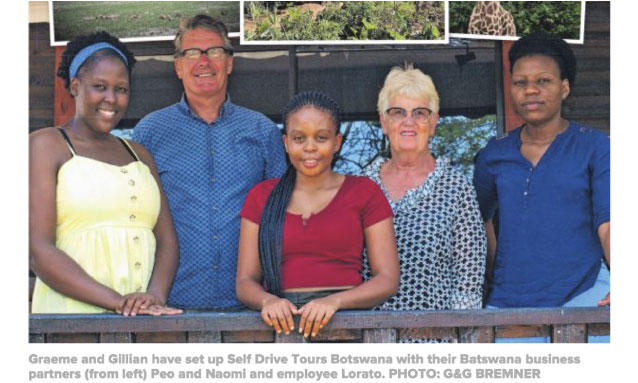
Botswana is not an easy place to start a business. New Zealand ranks near the top of the World Bank’s ease-of-doing-business index. Botswana is 149th out of 190 countries.
“Peo and Naomi are essential for navigating the Government environment, where to buy what, the local cultural norms and language, plus on-the-ground knowledge for the self drive tour destinations.”
They and the Bremners see a gap in the market catering for independent travellers — bespoke tours based on what visitors are interested in and the type of holiday they want to have.
“Self drive tourists in Botswana really have their work cut out,”Gillian says.
“There are no proper guidebooks, many accommodation establishments don’t have any kind of internet presence, and those that do can take days or weeks just to answer their email.
“So, most people drive past all manner of interesting places because they don’t know they are there.
“We want to show that you can tour Botswana in a two-wheel-drive and that there is lots more to see and do than just the safaris.”
Tourism accounts for 13% of the country’s GDP. But most of that is focused on the Okavango Delta, in the north, rather than the Kalahari Desert and Basin, which makes up 70% of the country’s land mass. So, the Bremners hope the third string to their bow will be nocturnal wildlife tours. There are plenty of noises and bright eyes in the darkness on their 16ha property. But getting the various four-, two- and no-legged creatures accustomed to humans is a work in progress.
“Each animal needs its own socialising and enhancement plan. But all involve spending time with them, and food is the best introduction.”
The Bremner’s son James is head of animal habituation.
“James has spent time down the porcupine burrow and it will now take food from his hand. Similarly the genet [a spotted, cat-like carnivore] and the banded mongoose.
“And he has a young python that is happy to be handled.
“We have also hand-reared a couple of small antelope, called duikers, that are very cute.”
Across the three businesses, they hope to spark new Botswana tourism opportunities that will have many benefits for locals. Gillian misses New Zealand’s beaches, lakes and rivers.
“And of course we miss friends and family.”
But the adventure is “definitely worth it”.
They had always said they would make a five-year commitment to Botswana and then reassess. But given how disrupted global affairs — and consequently their plans — have been, they are not sure when that five-year count began. Long term, Gillian and Graeme can see themselves becoming global snowbirds — “flying here for the southern winter and to New Zealand for the summer”. But right now, there is plenty to do to build towards that future.
Soon, at 8.30am, three local workers will arrive for a day of fencing, scrub-cutting and gardening. They will require refreshments and some supervision. There will be a trip to Palapye for materials and supplies. This afternoon, work needs to be done on the self drive tours’ accommodation and activities databases, and client queries need to be answered.
About 5.30pm, the workers leave and it will be time for watering the vegetable and flower gardens, getting dinner organised and gathering food for the nocturnal animals.
By then the sun — a fiery red ball lighting the clouds in brilliant shades of crimson tangerine and throwing long shadowy fingers across the savannah towards the Bremner’s house — will be sinking from view behind the eons-old Tswapong Hills, preparing to usher in a new antipodean dawn.
For the complete article: https://www.odt.co.nz/lifestyle/magazine/kalahari-calling-swapping-dunedin-botswana

